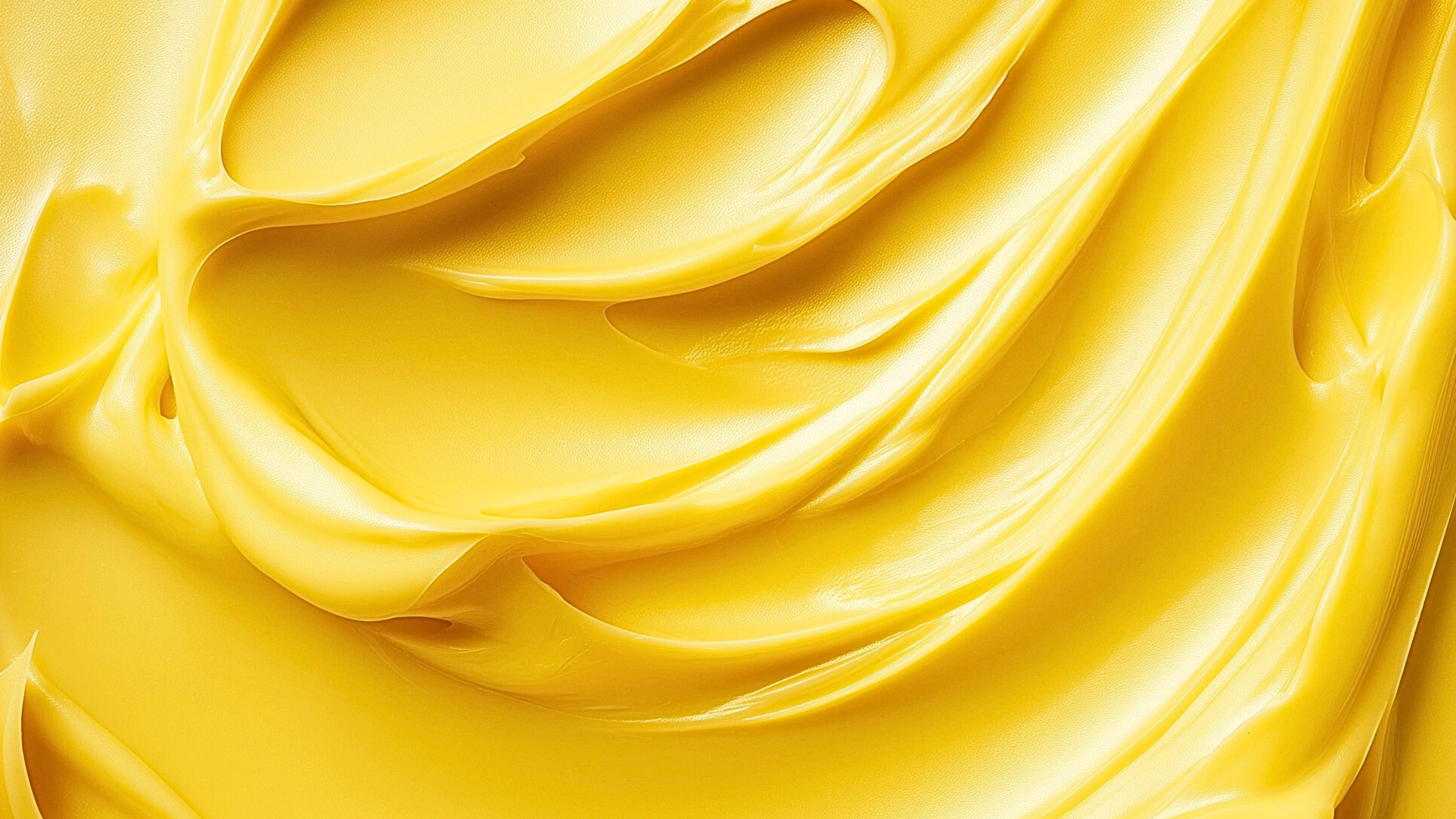

What You Need to Know for Maximum Results
Retinoids are powerful skincare ingredients that boost collagen production, fade dark spots, and enhance skin texture. However when used in the wrong way—especially without sun protection—can reduce their benefits.
Here’s what you should know to get the best results from your retinol skincare routine without irritation.
Final Takeaway
To get the most out of your retinol skincare routine, apply at night, use SPF daily, store properly, and pair with hydrating skincare. With the right approach, retinoids will transform your skin without irritation—boosting collagen, fading dark spots, and improving texture all year long.
Want to learn more?
-

Science behind: Retinoids
Go to articleRetinoids are potent Vitamin A derivatives that tackle acne, wrinkles, and dullness by boosting cell turnover and collagen production. While some are gentle, others work faster with greater intensity.





